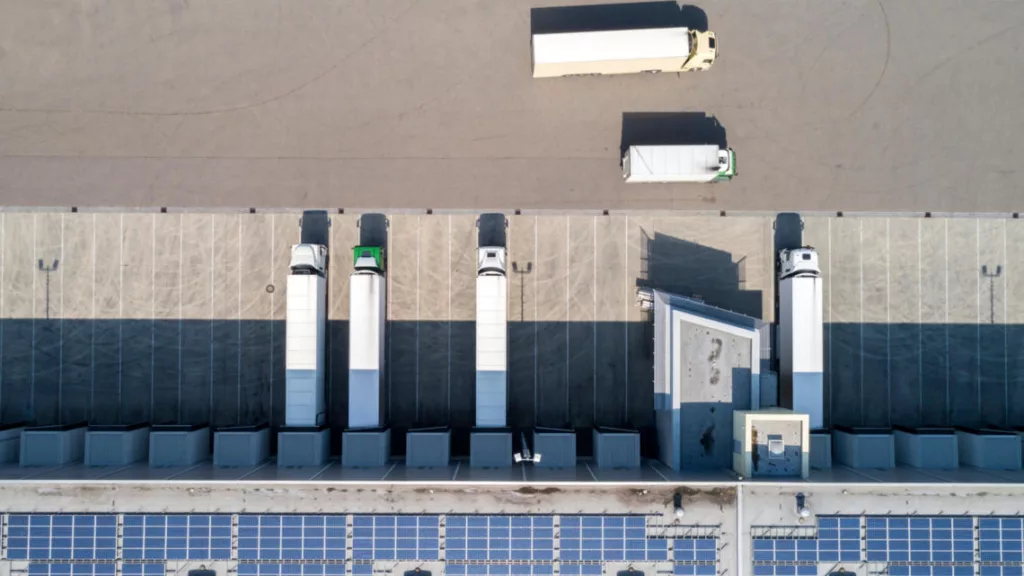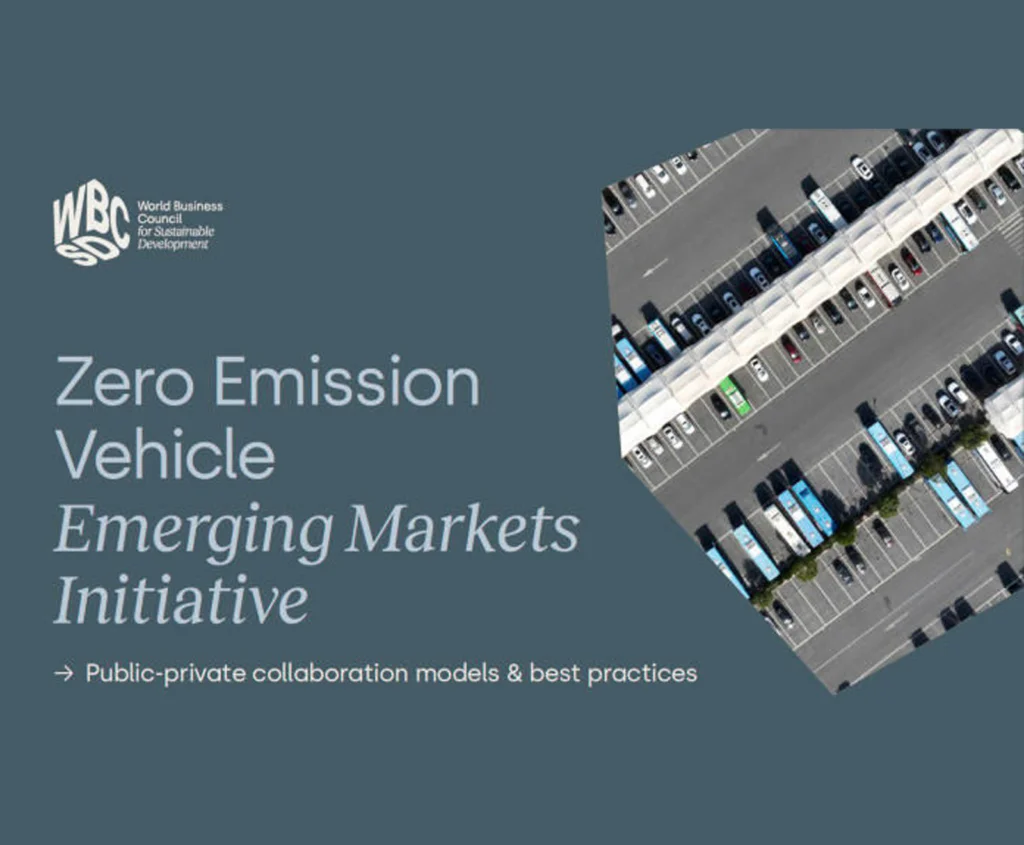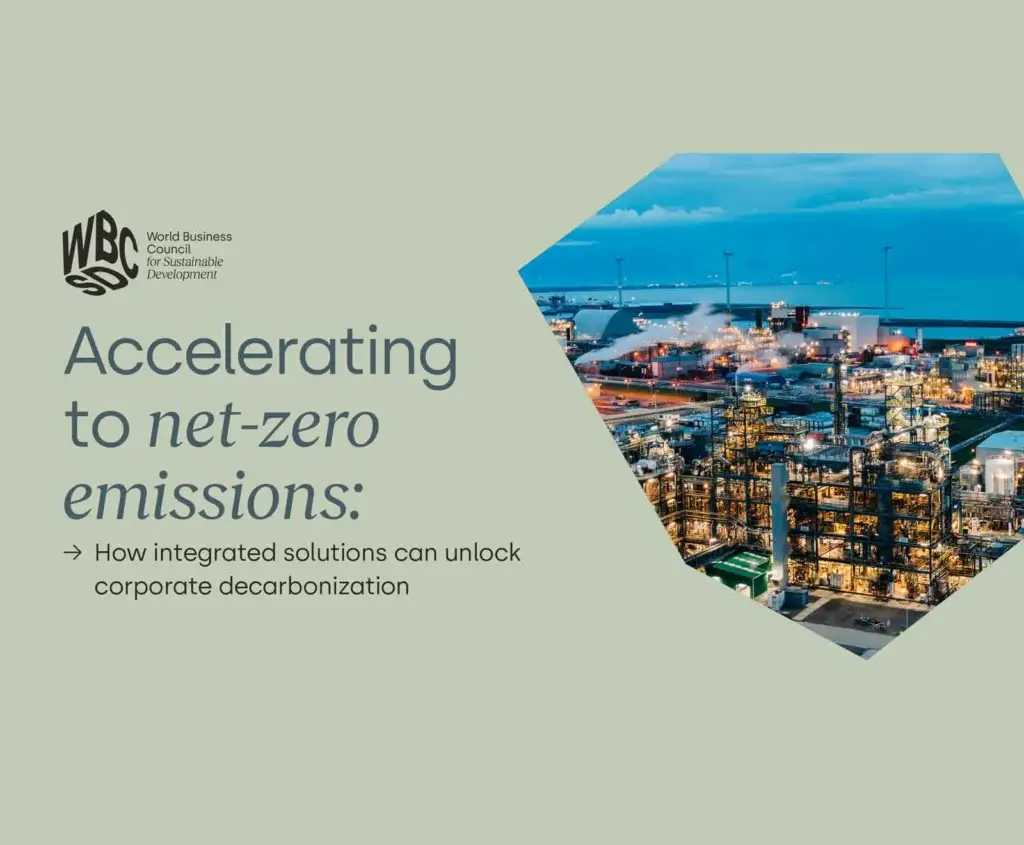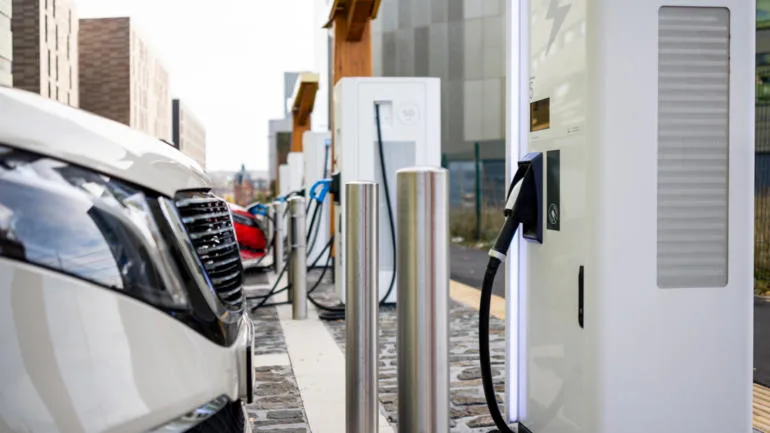Introduction
WBCSD’s Transport & Mobility Pathway aims to abate global transport emissions in line with a +1,5°C scenario by helping businesses achieve their net-zero carbon commitments and accelerating the adoption of zero-emission vehicles and technologies.
We support companies in managing their sustainability transition and finding new revenue sources through circularity and data-driven mobility solutions. We do this by convening companies from the extended transport value chain and leading organizations from the transport space in action-oriented projects and collective advocacy.

A global view for transport and sustainable mobility
17 May, 2023

Sustainable mobility: How cities and businesses can maximize the impact of MaaS
27 November, 2023

Companies unite to advance truck electrification in India and signal demand for 7,700 electric freight vehicles by 2030
19 July, 2023

Zero-Emission Vehicle Emerging Markets Initiative: Public-private collaboration models & best practices
5 December, 2023

Accelerating to net-zero emissions: How integrated solutions can unlock corporate decarbonization
29 November, 2023

How to use data for faster and better charging
13 July, 2023


